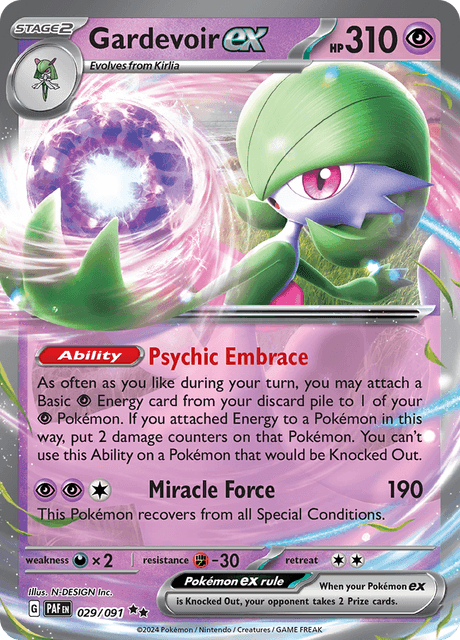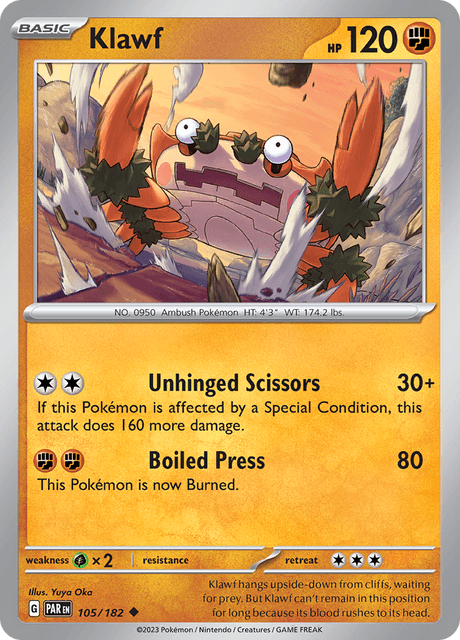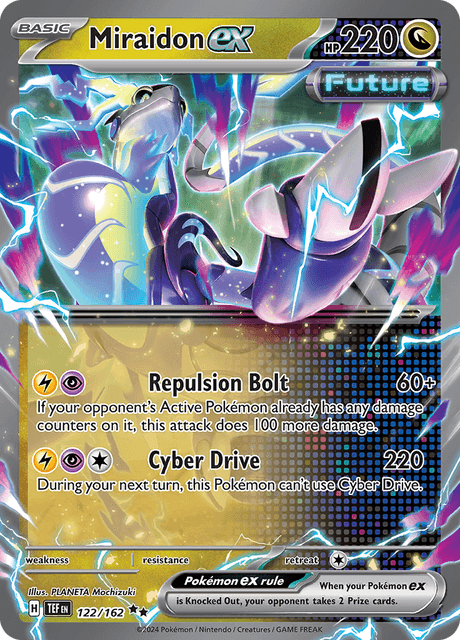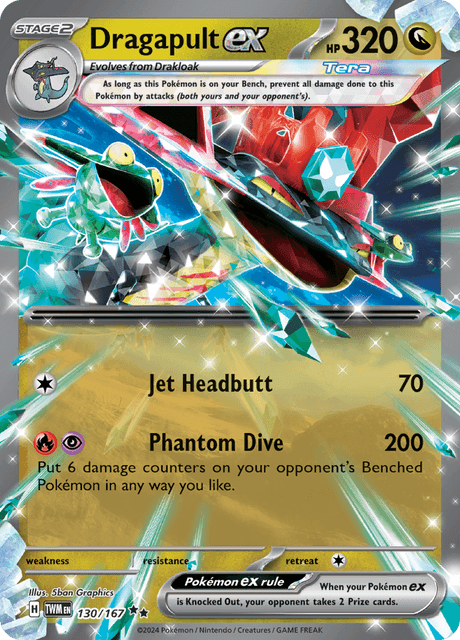Nerd Notes, April
Bad news Nerds - we’ve officially reached the end of an era: I can no longer ship the original Routine Chaos sweatshirt to the US. You can probably guess why? I logged into my print on demand service, Creator Studio, the other day to get a couple sweatshirts ordered & dispatched, and when I put in the country of delivery I got the error message and ensuing explanation.

What’s a man to do? Ultimately, I went back to a vendor I had considered earlier whose print quality I thought was quite a bit lower than what I got from Creator Studio. My guess is that they can make the money side of the equation work because they do the printing in the US, so they’re only paying import duties on the blank items whereas Creator Studio is printing outside the US and paying duties on the higher value finished good.
(Huge shout-out to Fu, who also sent me a massive list of vendors his sister has used in the past. If you've seen other small business people on social network of your choice talking about how one of the biggest challenges with bringing manufacturing back to the US is minimum order sizes, I am here to affirm that for you as well. Good thing selling sweatshirts isn't actually the business I'm in.)
Life post-rotation
I’m a person who finds a great deal of delight in novelty, so in theory I should be relishing this moment just after rotation when a lot of cards were removed from standard legal play and a bunch of new cards came in. And yet…
Before I whinge, I should actually just say “hat’s off to the designers of the Pokemon Trading Card Game” because the problem really is a Seth problem and not a problem of game design. The current metagame is healthy and diverse; there are so many different playable decks and no single deck that is dominant. We haven’t had our first tournament in the new format (the Atlanta regional championship kicks off tomorrow, though, so that'll be the first chance we get to see what performs well post rotation), but before the rotation the last 5 major events were won by 4 different decks - and even the duplicate was actually 2 very different versions of the Dragapult deck.




Playing online with the post-rotation cards, I think that still holds true: there are very few auto win decks in the meta, and nothing that has a perfect matchup spread. Games are better when players have to make hard choices that come with tradeoffs, and PTCG has found that sweet spot.
So why am I whingeing then? The short answer: because I’m a punk. I want to play an unexpected deck that makes my opponent have to think on their feet in order to work around it. I want my deck to do some things that run counter to how the game is supposed to work. There are a few contenders available right now, but as I’ve been testing them out they just haven’t quite scratched that itch. I’ve tried playing on meta and pulling out some of the more established decks, and it just doesn’t light up my cerebral cortex in the way that I want.
I am hesitant to say that I find it boring, because I don’t play at nearly the level where I could even say that credibly. Playing at a mediocre level with a good deck and not getting into it is not about it being boring - especially when there are good players who are playing at a high level with the same deck - it’s about not wanting to put in the work to master the strategy and tactics. Could I do that? I honestly don’t know. I watch the best players and recognize that they are on a level that is beyond my imagination, so I suspect not. There are a lot of things where I’m comfortable being a bit of a dilettante, and Pokemon is absolutely one of them.
An interesting little project
I recently mentioned the pleasures of vibecoding, so I figure I can just keep sharing some little experiments here.

This one is called Flash Drop, and the idea is pretty simple: what if we mashed up Tetris & flash cards? The block starts falling, and you can’t control it until you answer a multiplication challenge correctly. It’s nothing too fancy, but I built this as part of a bigger project the point of which is to demonstrate to educators what is possible with AI. The whole thing from idea to testing it out with a couple of Tommy’s friends took me about 40 minutes, so while it isn’t very pedagogically advanced or progressive (the AI generated description says “learn math” but there’s no actual learning there, just regurgitating of knowledge. Maybe it builds increased fluency, but that’s about it), it is demonstrative of how educators can start building small, narrowly focused tools that support their pedagogical goals. The game is pedagogically equivalent to something like Number Munchers, which was fun as hell and good enough as a way to really grind through those multiplication tables…which is the kind of automatic knowledge that it’s worth internalizing. I think?
BTW, I’ve been on this “equip people to make niche tools” kick for a while. It’s the reason that I have been such a vocal supporter of Playlab, so something like Playlab is good for building a very specific type of AI tool. Broadly, I’d call it “building your own AI.” Tools like Replit are something different, more about “building with AI” to create software that isn’t actuall AI-driven software. The fusion of the 2 would be about using AI to build AI-driven software. I think it’s technically possible right now, but the actual AI use cases on it feel really limited. Given how fast the field is changing, however…?
As for the game itself, there's a lot of room for improvement. It works quite well on desktop but is a bit of a pain on mobile. It doesn't increase difficulty of either side of the game fast enough, etc. etc. I don't intend to put in the time to fix any of it...but I do appreciate in both Replit and Playlab that they encourage remixing, so someone else could come along and fix it. Or they could decide to use it for French vocabulary. Or they could change the game to Dr. Mario instead of Tetris. All of that is very worth the activation effort of making little things and putting them out in the world.
A tedious little (?) project
As you might suspect, we have a lot of Pokemon cards. These cards have never been in any organized state, which 98% of the time isn’t really a problem…but the 2% of the time when it is, it is a problem of unfathomable pain. The most common scenario is as follows: one has assembled somewhere between 50 and 55 of the 60 cards necessary for a new deck and needs to find the final 5 cards - assuming we even have them. One must therefore comb through all of the thousands of cards, checking them 1 by 1 to see if those cards can be found. Now, there is a way around this: just order the cards as singles from a secondhand marketplace online. This works so long as:
- there is time for the cards to ship to one in time for the event for which one needs the cards.
- one doesn’t mind the fact that this solution just exacerbates the disorganized state of the cards.
Rotation gave me just enough motivation to actually do something about this state of affairs. I said to myself, “hey, what if I go through all of our cards and just find all of the cards that will no longer be in format and put them into different boxes?” And then I started doing that and said to myself, “hey, we definitely have way more basic energy cards than we could ever possibly need. What if I just start separating out the basic energy cards and organize them by type so we can make cull that herd?” And then it was “wait, some of these basic energy cards are shiny & fancy. Let’s make sure to just keep those ones and get rid of the rest.” And there were a couple more intermediate steps in my thought process, but I’ll just cut to the chase: all of our cards that are currently legal to play have been organized in alphabetical order. This took me the better part of 3 Sundays. If anyone messes it up, I will disown them.
No tournament this month! That hasn't been true since July. Technically, there is a tournament, but it's a Special Event in Sevilla, Spain that happens during European school holidays - thus finding hotels was difficult and expensive, so we (and everyone else we know) decided to pass. But I'll see you back here - and in the main newsletter - soon enough.

Member discussion